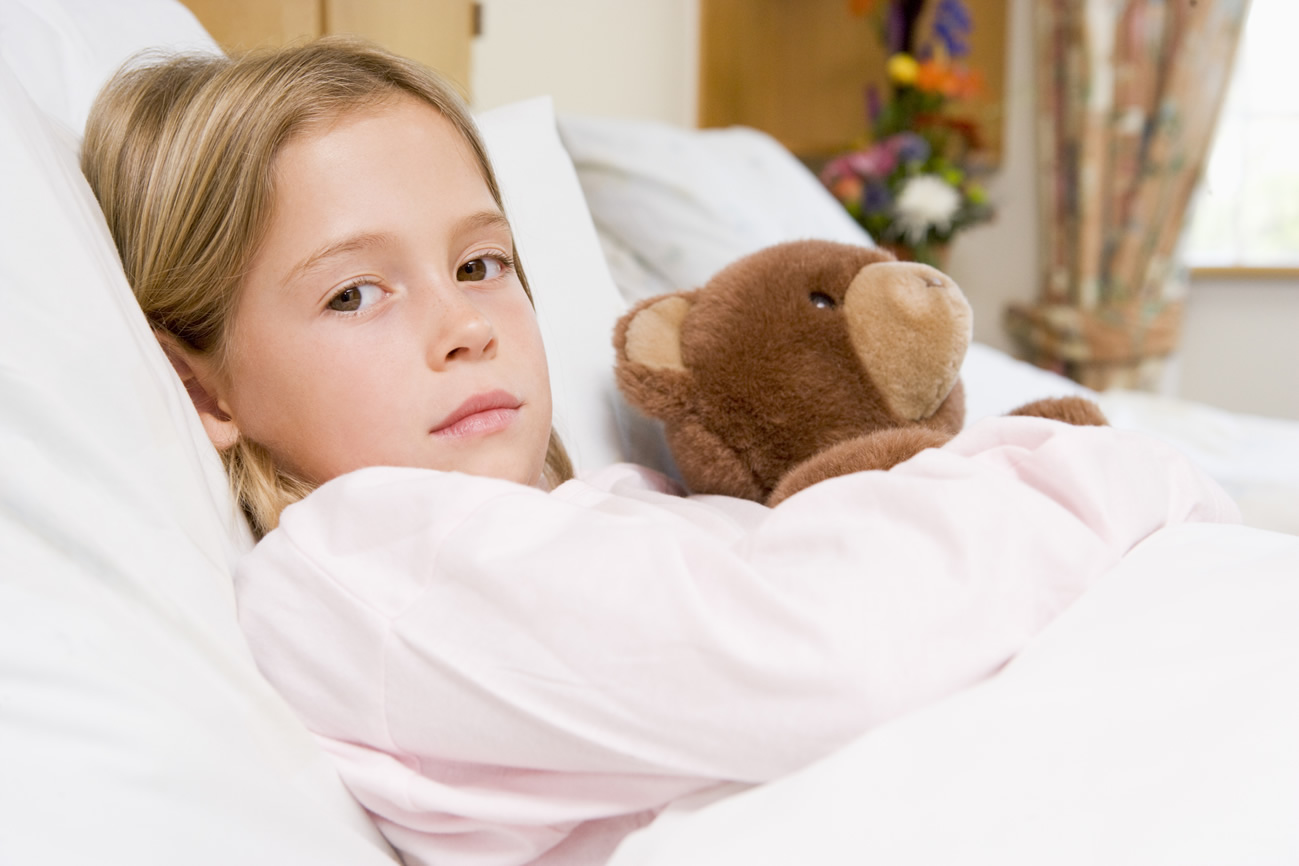
- 0203 903 7866
The Portland Hospital for Women and Children,
205-209 Great Portland Street, London W1W 5AH - Request Appointment
 GP Referral
GP Referral

Delayed sleep phase causes a child to stay awake after their normal bedtime and therefore to need to stay in bed for longer in the morning. The delay is usually of at least two hours, so a child who used to fall asleep at say 8 would become unable to get to sleep until after 10 o' clock. Delayed sleep phase is particularly common in teenagers as their minds and bodies are developing so quickly. However, there is a big difference between a child who wants to stay up to play games, or who is going to sleep late and then waking up tired and grumpy, and one who has a delayed sleep phase. A child with a delayed sleep phase will be lying awake because they can't get to sleep, not because they don't want to go to bed. Delayed sleep phase is also different from insomnia, as a child with a sleep delay will be able to get to sleep at about the same time each night, just much later than usual. They will also be getting plenty of sleep as long as they don't have to get up in the morning. A child with insomnia won't sleep long enough even if they are allowed to have a lie in.

Sleep problems can cause other issues too, particularly when a child has to get up to go to school no matter what time they were able to get to sleep the night before. If your child isn’t getting enough rest, then he or she will be feeling tired and irritable. Concentrating at school can become more difficult and your child’s grades may be affected. Having someone with a sleep delay in the house can also affect the rest of the family, especially if another sibling has to sleep in the same room.
Your body has its own internal clock that tells it when it should wake up and go to sleep. This circadian clock controls many different genes and processes in the body that need to be switched on and off at different times, so it is very important for our health. The body clock is usually synchronized with our environment, but sometimes there is a mismatch, just like when you have jetlag when you travel to a different time zone. However, your body clock won't adjust itself back into the right pattern when you have delayed sleep phase syndrome as it does with jetlag. The problem could be caused by your environment, which could be exposing you to too much bright light at night and convincing your body clock that it's still daytime. It could also be caused by other problems, such as a lack of melatonin, which is essential for keeping the body clock running properly. In some cases there is genetic cause and many family members have delayed sleep phase.
If you think that your child has delayed sleep phase syndrome or if sleep problems are affecting his or her daily life, then it is a good idea to seek advice from a doctor. Sleep disorders can be very disruptive, but it is often possible to correct them with the right approach.
In order to find the right strategy to address a sleep problem, the doctor will as about your child's sleep patterns. In some cases a sleep study may need to be carried out overnight at a specialist sleep clinic. If the problem is confirmed as delayed sleep phase disorder, there are several options for treatment.
One technique that can work well is to gradually shift your child's bedtime until it is at the right time. The best way to do this is actually to put your child to bed later each night until a normal sleep time is achieved. This technique, known as chornotherapy, is difficult to implement an can be impossible during term time as it will mean sleeping during the day for a little while. Shifting the bedtime backwards might seem quicker, but it doesn't often help with a sleep delay as your child will just lie there, unable to sleep.
Another way of changing the internal clock is to make sure your child is getting enough light at the right times and that their bedroom is dark enough at night. Spending time outdoors during the day and getting rid of any screens or bright lights at night can help. Bright light therapy, using a special light for half an hour after waking each morning, can also help.
In some cases, your doctor may prescribe a small dose of melatonin to be taken about an hour before going to bed. Taking this medication can help your child to feel sleepier at bedtime and it should help to shift their internal clock back to a more.